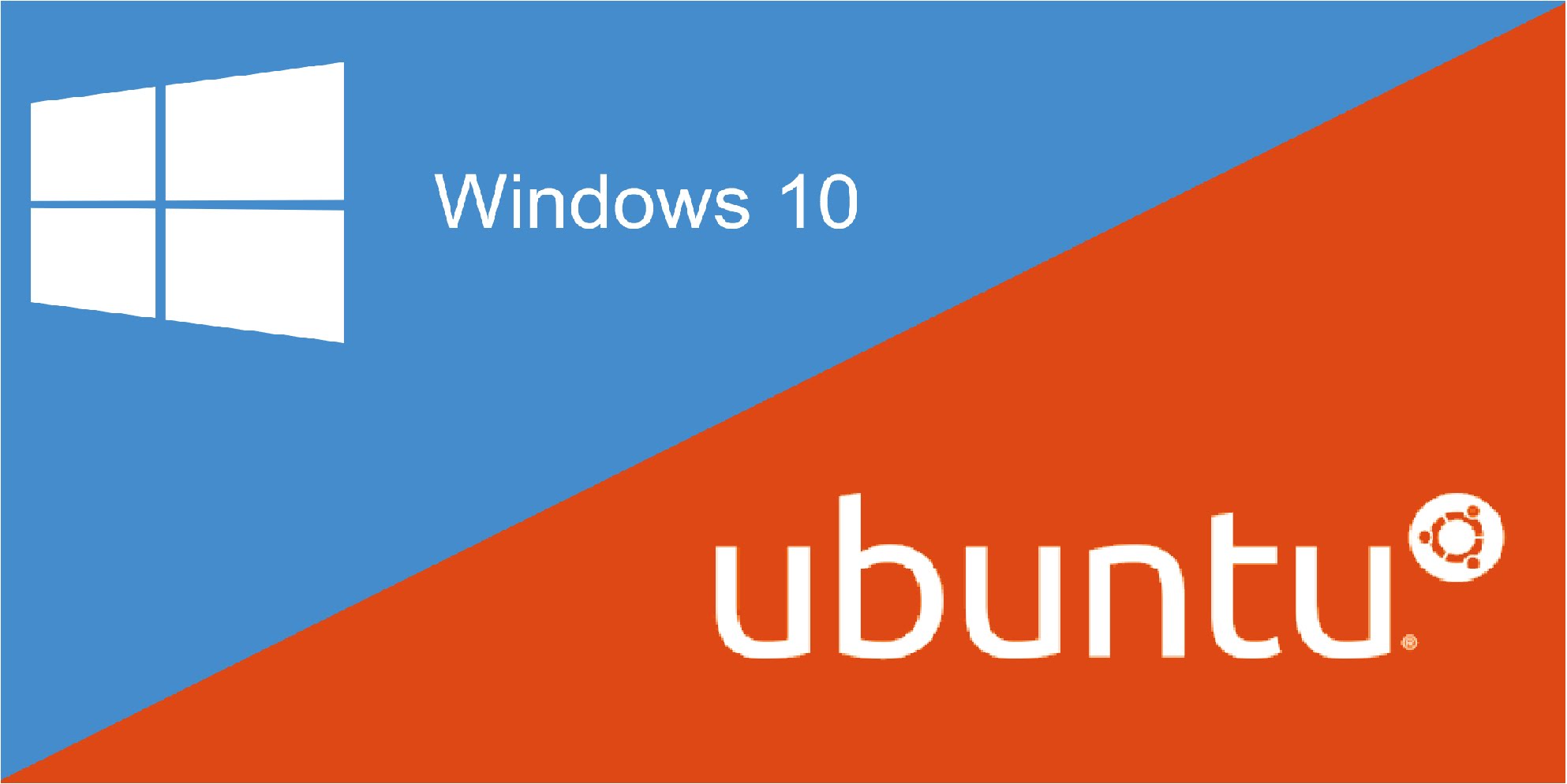As most people know, Windows 7 is going out of support January 14, 2020. Whilst there are now (according to Microsoft, 850 Million devices running Windows 10), and many many more organisations plans to have done so by the end of this year, Microsoft have yet again proven that they are listening to what their customers need and want and (subject to a number of conditions), have introduced Windows 7 Extended Security Updates (ESU) for customers that are invested in Windows 10 but just “need a little more time to migrate”.
Yesterday, Microsoft announced a new “promotion” as they are calling it for Windows E5 and Microsoft 365 E5 to address this.
As of the 1st June customers with active subscription licenses to Windows 10 Enterprise E5, Microsoft 365 E5, or Microsoft 365 E5 Security (as of December 31, 2019) will get Windows 7 Extended Security Updates for 1 Year as a “free” benefit.
With this limited-time “promotion”, organisations will have more time and options to continue receiving Windows 7 security updates after end of support the official support cycle in Jan 2020..
What happens after this extended date?
After this date – the charges previously communicated take effect. It is worth noting that this benefit only applies to customers using the advanced SKUs – this means users on Windows Pro, Windows E3 or Microsoft E3 for example will NOT get the extra benefit.

Information verified via Microsoft.


